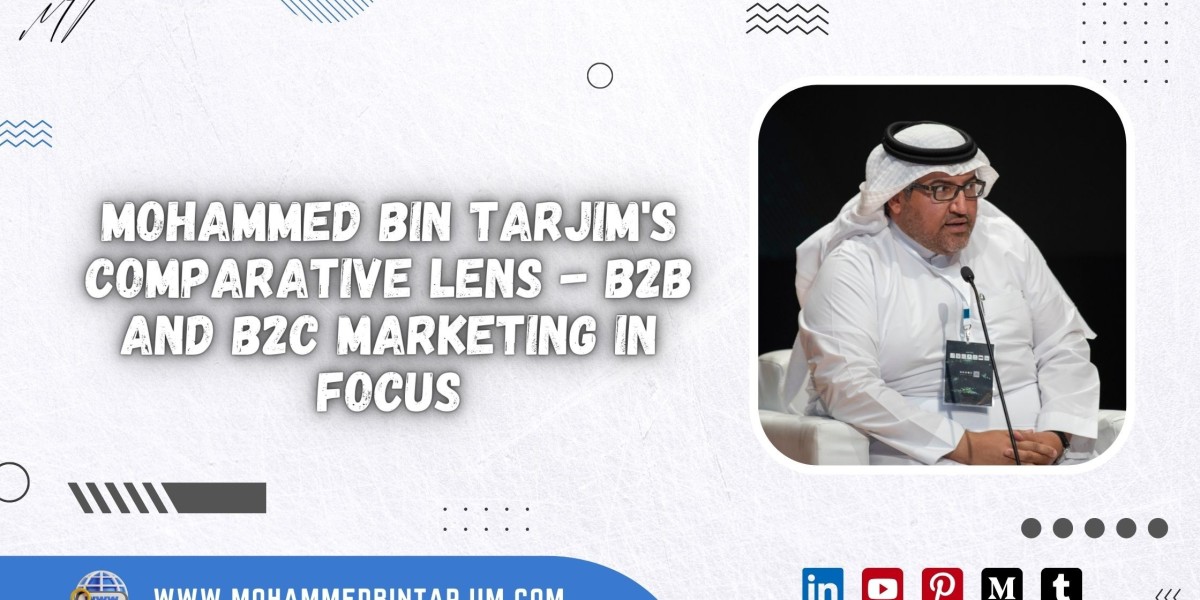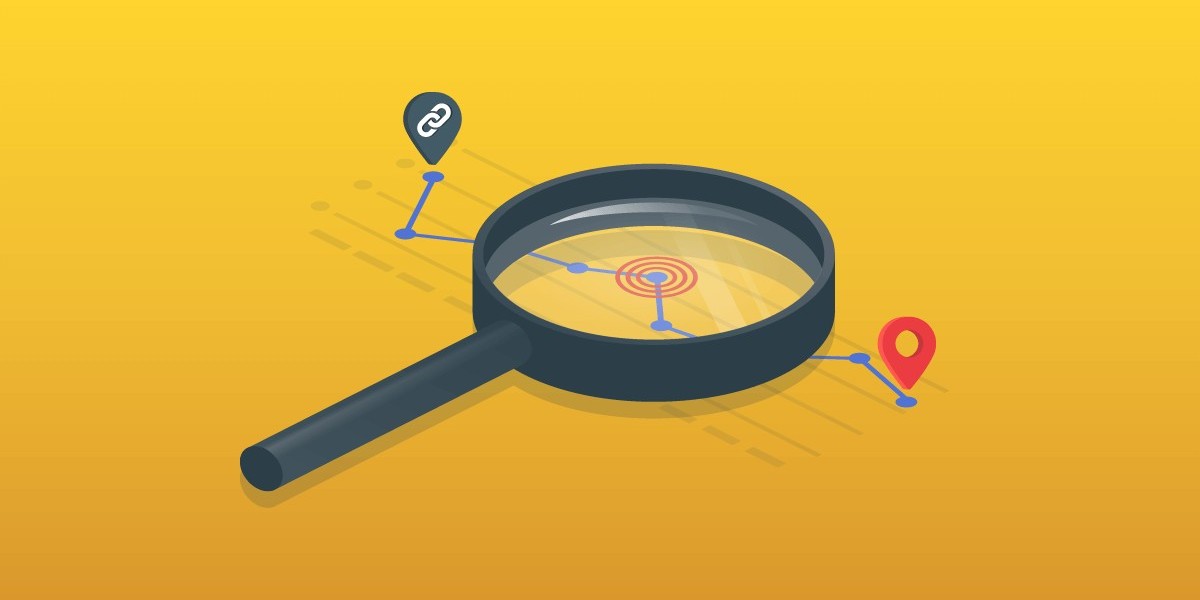Marketing in the modern business landscape has evolved significantly, with distinct strategies tailored for different sectors. Mohammed Bin Tarjim's comparative lens offers a valuable perspective, highlighting the key differences between Business-to-Business (B2B) and Business-to-Consumer (B2C) marketing approaches.
1. Target Audience and Relationship Building
B2B: B2B marketing primarily targets other businesses. It focuses on establishing strong, long-term relationships based on trust and mutual benefit. Building rapport and credibility is crucial in this context.
B2C: In contrast, B2C marketing targets individual consumers. The focus here often lies in creating emotional connections with customers to drive one-time purchases or brand loyalty.
2. Complexity of Decision-Making
B2B: Decision-making in B2B transactions can be complex and involve multiple stakeholders. Marketing strategies must address the needs and concerns of various decision-makers.
B2C: B2C decisions tend to be more straightforward, with fewer parties involved. Marketing efforts can be more emotionally driven, appealing directly to consumer desires.
3. Content and Messaging
B2B: B2B marketing content often delves into technical details, industry expertise, and ROI. Information-rich content, whitepapers, and case studies are common tools to convey value.
B2C: B2C marketing leans towards relatability, storytelling, and aesthetics. Engaging visuals, lifestyle imagery, and emotional narratives are powerful tools to connect with consumers.
4. Sales Cycle
B2B: The B2B sales cycle tends to be longer due to the complexity of decision-making. Marketing strategies need to nurture leads over time, providing valuable information and maintaining engagement.
B2C: B2C sales cycles are typically shorter, especially for low-involvement products. Marketing often focuses on creating a sense of urgency or addressing immediate needs.
5. Marketing Channels
B2B: B2B marketing often relies on professional networks, industry events, and content marketing. LinkedIn and trade publications are popular platforms.
B2C: B2C marketing makes extensive use of social media, e-commerce platforms, and influencer marketing. Visual platforms like Instagram, Facebook, TikTok are commonly used.
6. Metrics and ROI Measurement
B2B: ROI measurement in B2B marketing is often tied to lead generation, conversion rates, and customer lifetime value. Long-term relationships play a significant role.
B2C: B2C marketing focuses on immediate sales, customer acquisition cost, and customer retention. Metrics are typically short-term oriented.
In conclusion, Mohammed Bin Tarjim's comparative lens sheds light on the fundamental distinctions between B2B and B2C marketing. While both sectors aim to drive business success, the strategies employed and the nuances in execution are key to achieving their respective goals. Understanding these differences is essential for crafting effective marketing campaigns and maximising ROI in today's diverse market landscape.








